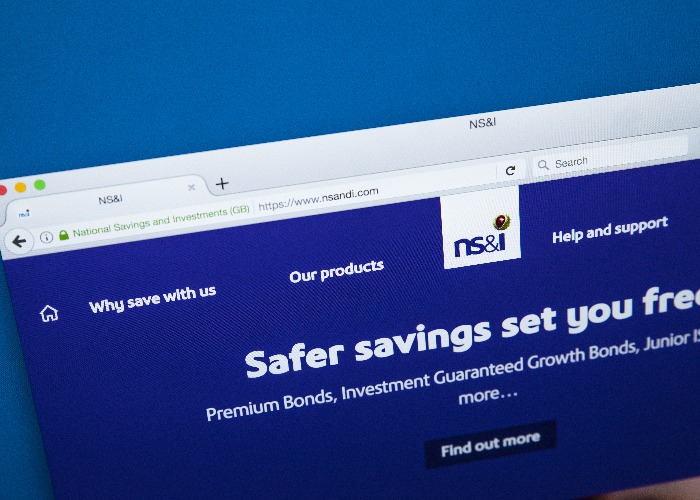Savings certificates: NS&I closes early withdrawals for savers

NS&I customers with savings certificate products will no longer be able to take their cash out early.
Savers with money in certain National Savings & Investment (NS&I) savings accounts will now find it much tougher to get hold of their cash.
Previously savers with money in a savings certificate from NS&I could take their money out of the account early.
There was a penalty though, in the form of losing the equivalent of 90 days interest on your cash.
That is changing though.
From 23 July, savers who opt to renew a savings certificate will no longer be able to take their money out before the certificate reaches the end of its term.
A spokesperson for NS&I pointed out that savers will have the right to cancel their certificate within 30 days of renewing it, and that the changes to the terms and conditions of the savings certificates bring them in line with the various bonds offered by NS&I “as well as the wider fixed-term savings market”.
The appeal of the savings certificate
It’s worth emphasising here that these savings certificates are not even an option for most of us.
NS&I’s saving certificates have not actually been open to new savers for more than a decade.
However, they remain an appealing option for existing savers.
They come in two different forms, a fixed interest savings certificate ‒ where the rate is fixed for a set term ‒ and an index-linked savings certificate, which tracks the Consumer Prices Index plus 0.01%.
When the term of your certificate is coming up, NS&I will contact you to ask if you wish to cash it in or renew it, which you can go either over the same term or a different term.
With fixed-interest savings certificates for example you can lock your money up for a two or five-year term.
While the returns are competitive ‒ with the index-linked certificates you are guaranteed to beat inflation, something simply not possible elsewhere at the moment ‒ a further selling point comes from the fact that you don’t have to pay tax on your interest gains.
Taxing savers
It’s worth noting that far more of us are having to hand over some of the returns from our savings to the taxman. Basic rate taxpayers have an annual personal savings allowance of £1,000, meaning they can earn £1,000 in interest each year before the taxman takes a cut.
This drops to £500 for higher rate taxpayers and zero for additional rate taxpayers.
Hitting that level was pretty tricky a year or two ago with savings rates in the doldrums, but it has become far easier as rates have been hiked.
And the taxman is benefiting, with new data showing that 1.8 million people triggered that tax level, with HMRC in line to pocket £6.6 billion from savers this year.
Savings accounts that allow you to sidestep this issue are always going to be attractive, but particularly in the current climate.
Understand what you are signing up for
These changes are not ideal for NS&I savers.
Having the ability to access the cash from a longer-term savings account, with a relatively minor penalty fee to consider, will no doubt have come in useful for some savers over the last few years.
Issues like the pandemic and the cost of living crisis have meant that many people have needed to turn to their savings in order to supplement their regular earnings, just to maintain their existing standard of living.
Equally, there may have been big, single expenditures ‒ needing a new boiler or replacing a car ‒ which meant they wanted to be able to access the savings.
It’s a reminder of how important it is for savers to have at least some cash in an emergency account, which can be accessed relatively swiftly.
You can then put the remainder in an account paying higher rates of interest, so long as you are comfortable with not being able to access it for some time.
The savings certificate changes also highlight how important it is to always check the terms and conditions before signing up for a financial product, whether it’s brand new to you or renewing some form of product.
It can be very easy to simply sign up blindly to renew a product, whether that’s a savings certificate or an insurance product.
Yet if those products have changed in some way, they may no longer be appropriate for your needs.
All change at NS&I
The changes to the savings certificates come in the midst of a busy time for NS&I.
The savings provider has hiked the returns on a host of its products of late, including the rates on its Growth Bonds and the prize rate for Premium Bonds.
However, NS&I deals are never market-leading, so be sure to check out our guide to the savings accounts paying the highest rates of interest.
Comments
Be the first to comment
Do you want to comment on this article? You need to be signed in for this feature
